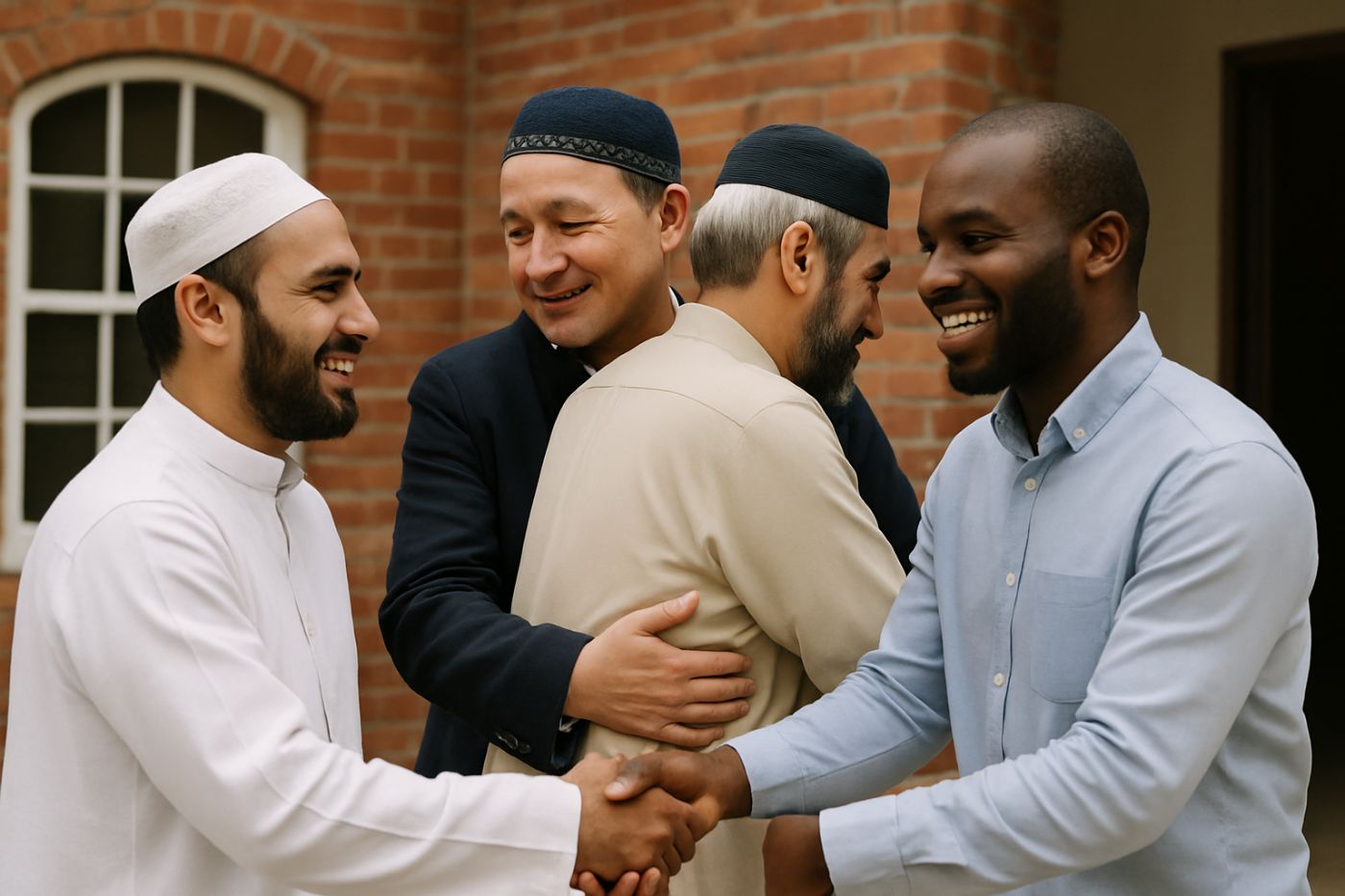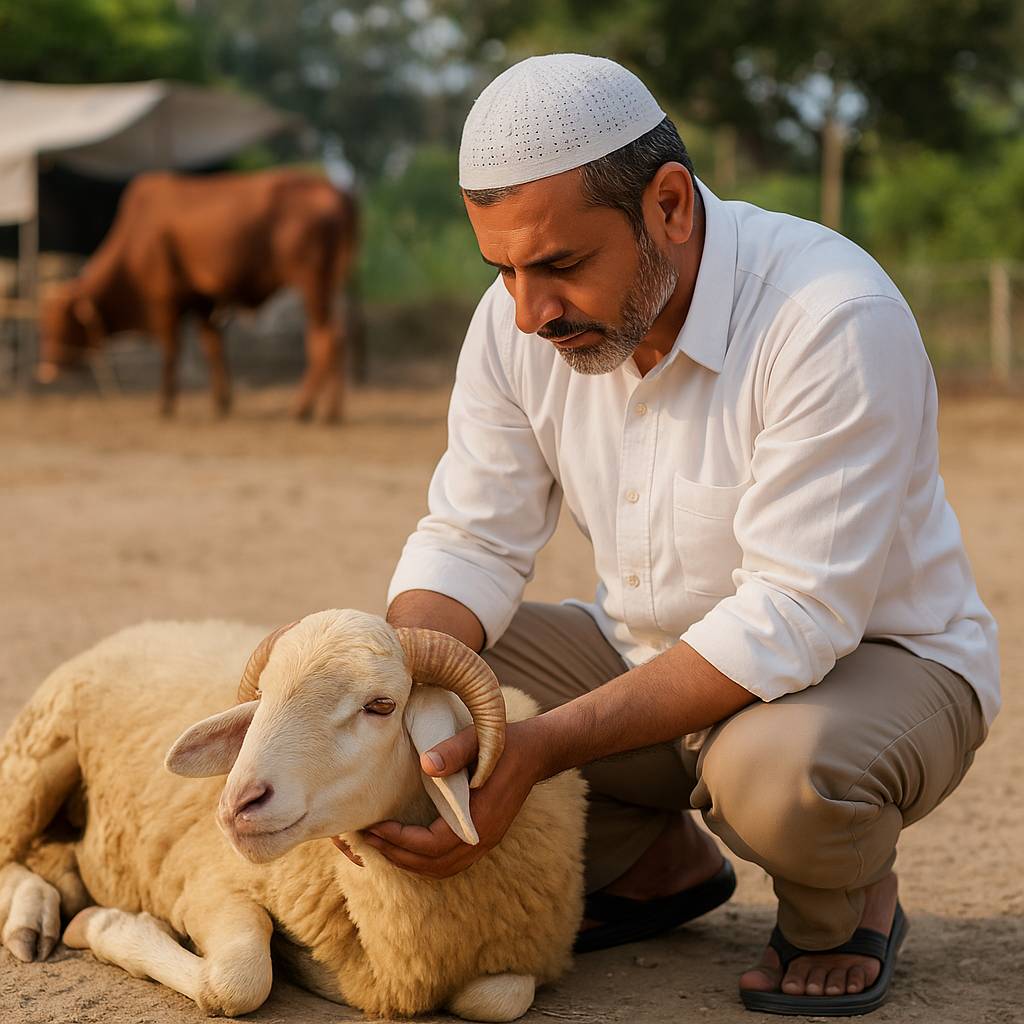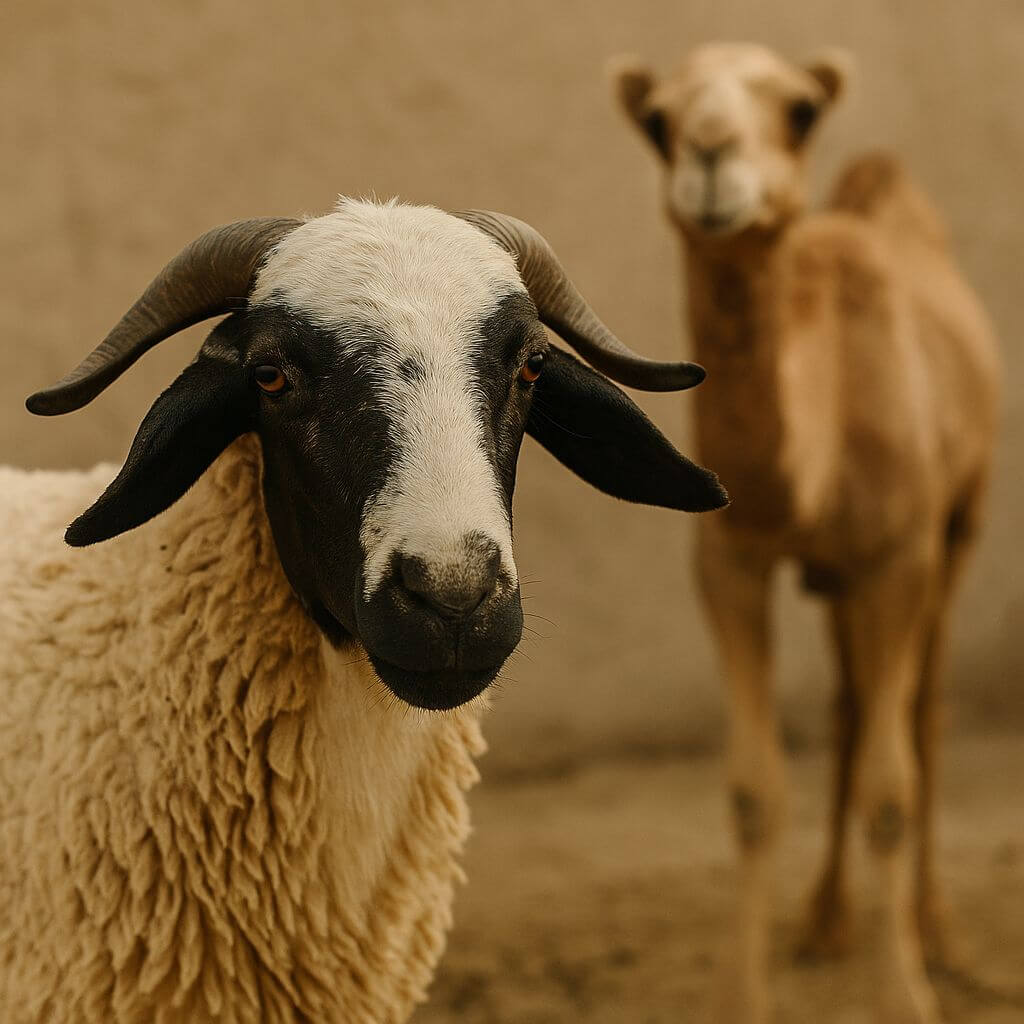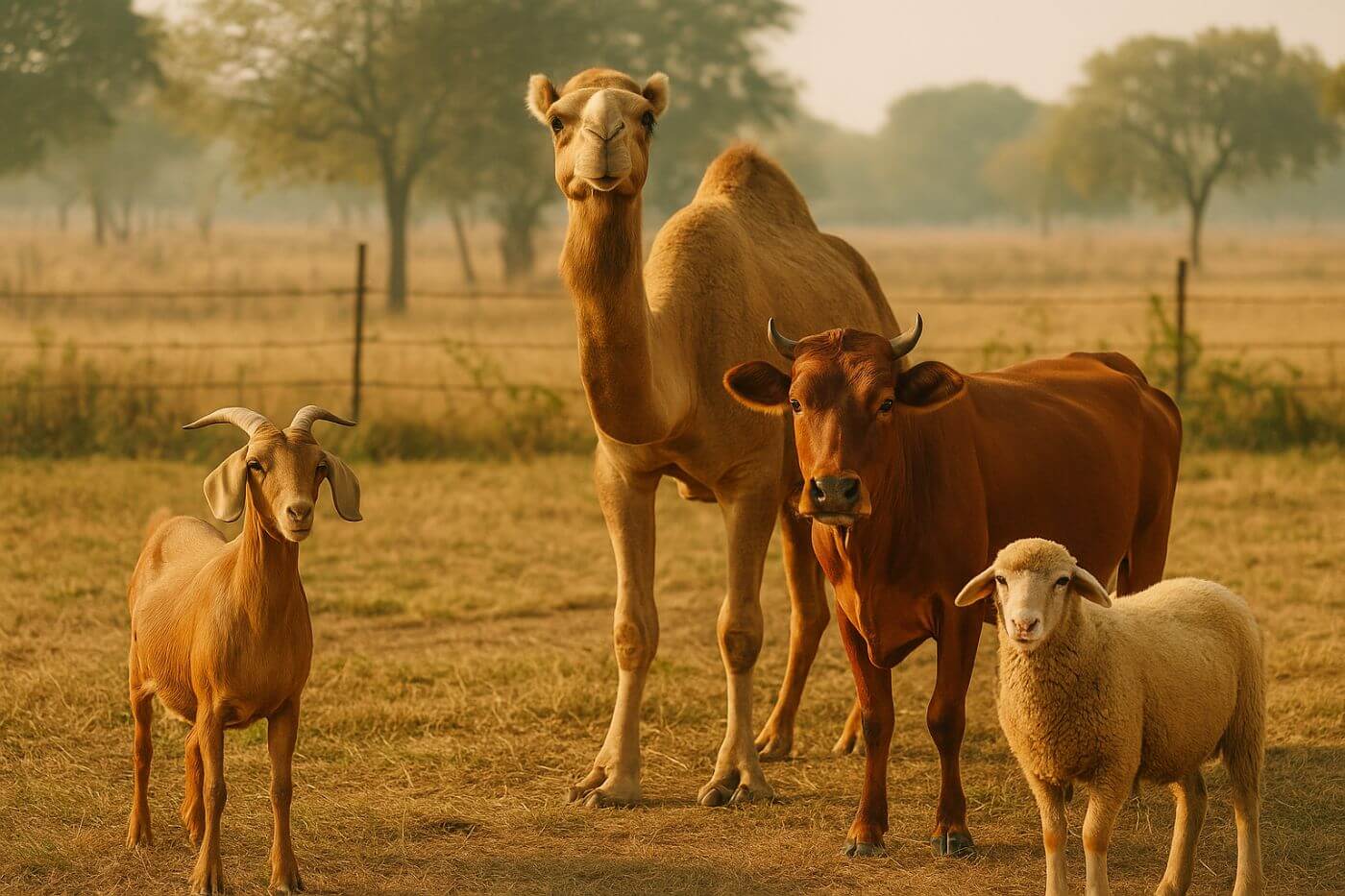
How to Say Eid Mubarak in Different Languages and Why It Matters in Australia
In Australia’s beautifully diverse Muslim community, Eid Mubarak is more than a simple greeting—it is a heartfelt expression of joy, brotherhood, and unity.
Given Australia’s multicultural population, it’s common to hear Eid greetings in multiple languages, reflecting the wide range of cultures that call Australia home. Learning how to say Eid Mubarak in different languages not only shows respect but also strengthens the bonds that tie the community together.
Why Eid Greetings Are Important in Australia
Australia’s Muslim population is made up of people from many backgrounds—Turkish, Lebanese, Pakistani, Somali, Indonesian, Afghan, Malaysian, and many others.
Eid is a time of gathering and celebration, and exchanging greetings across cultures:
- Promotes inclusivity
- Builds intercommunity friendships
- Reflects Australia’s multicultural spirit
Whether you’re attending Eid prayers in Lakemba, Broadmeadows, Kuraby, or Thornlie, using someone’s native greeting adds a personal and meaningful touch to Eid festivities.
How to Say Eid Mubarak in Different Languages
Here’s how Muslims from various cultures say “Happy Eid” around the world:
| Language | Greeting | Meaning |
| Arabic | Eid Mubarak (عيد مبارك) | Blessed Eid |
| Turkish | Kurban Bayramınız Mübarek Olsun | May your Eid of Sacrifice be blessed |
| Malay/Indonesian | Selamat Hari Raya Aidilfitri | Happy Eid Celebration |
| Urdu | Eid Mubarak (عید مبارک) | Blessed Eid |
| Somali | Ciid Wanaagsan | Happy Eid |
| Bengali | ঈদ মোবারক (Eid Mubarak) | Blessed Eid |
| Persian (Farsi) | Eid-e Shoma Mobarak (عید شما مبارک) | Happy Eid to you |
| Bosnian | Bajram Šerif Mubarek Olsun | May your Eid be blessed |
| Swahili | Idd Mubarak | Blessed Eid |
| French (West Africa) | Bonne fête de l’Aïd | Happy Eid Festival |
Each greeting carries the same spirit of celebration, even though the words differ.
Examples of How Eid Greetings Are Shared in Australia
- At the Mosque: After Eid prayers, it’s common to hear people greet each other with “Eid Mubarak,” “Kurban Bayramınız Mübarek Olsun,” or “Selamat Hari Raya” depending on their cultural background.
- In Schools and Workplaces: Students and colleagues from diverse backgrounds exchange Eid greetings, often learning each other’s traditional phrases.
- During Community Events: Multicultural Eid festivals in cities like Sydney, Melbourne, and Brisbane showcase the richness of Islamic cultures, with greetings and signage in multiple languages.
Learning a few greetings can help you feel more connected, especially when participating in large Eid gatherings or Eid fairs in places like Fairfield Showground (Sydney) or Broadmeadows Town Hall (Melbourne).
The Cultural Beauty of Eid in Australia
Australia’s unique celebration of Eid reflects the broader message of Islam—unity, peace, and community.
By exchanging greetings in different languages, we:
- Honour our diverse heritages
- Strengthen the Australian Muslim identity
- Build bridges across communities
Small gestures like speaking someone’s traditional Eid greeting show respect, friendship, and a true understanding of what Eid is all about: sharing happiness with others.
Share the Joy of Eid Through Action
This Eid, while you share greetings in different languages, you can also spread joy by supporting those facing hardship.
At ARO (Australian Relief Organisation), we believe celebration and compassion go hand-in-hand.
Through our Qurban International Hunger Relief Program, you can help provide Eid meat to families in need across Australia and internationally.
Share your blessings. Donate today and make this Eid meaningful for everyone.
Related Project: Qurban



